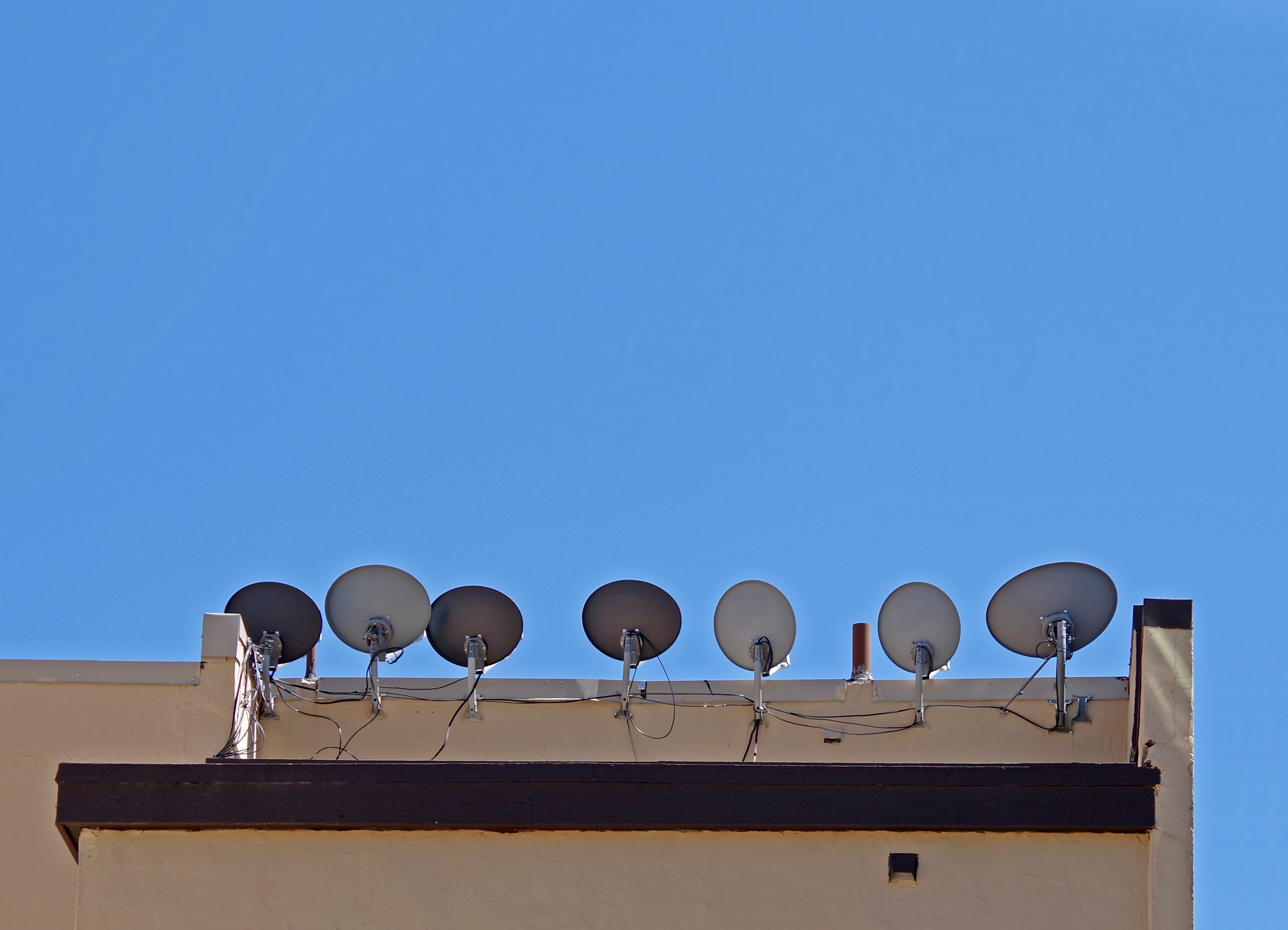STELAR Successor Bills Pass House

The smarter way to stay on top of broadcasting and cable industry. Sign up below
You are now subscribed
Your newsletter sign-up was successful
Bills that would end the every-five-year renewal of the satellite compulsory license passed the House Tuesday in a package of funding bills, H.R. 1865, the Further Consolidated Appropriations Act, expected to be passed by the Senate later this week.
Those are the Television Viewer Protection Act and the Satellite Television 16 Community Protection and Promotion Act of 2019, two House bills appended to the larger appropriations bill after legislators on both sides of the aisle and in both houses agreed to that approach to renewing, or in this case not renewing, the STELAR Act, which expires at the end of December.
Related: STELAR Update/Sunset Provisions Added to Spending Bill
The provisions make the FCC mandate of good faith bargaining in retransmission consent negotiations permanent, sunset some of the satellite compulsory license, while making the license for RVs, truckers and short markets permanent for satellite operators delivering local TV station signals in all 212 markets--Dish already does, AT&T's DirecTV, in order to get the permanent license, would have until May 31, 2020 to serve the dozen or so smallest markets where it does not currently deliver local stations by satellite. The TVPA also "requires cable and satellite TV companies to disclose how much they will charge for their video services, including any extra fees."
Related: Deal Struck on STELAR Successor Bills
The STELAR law included that good faith bargaining language as well as the compulsory license, which allows satellite carriers to deliver distant network signals to markets that lack them. It had to be renewed every five years or it sunset, as it is scheduled to do at the end of the month. That renewal process had been used to try to make, and sometimes succeed in making, changes to the retransmission consent process, a process broadcasters have said is working fine.
Rep. Mike Doyle (D-Pa.), chairman of the Communications Subcommittee, cited the TVPA passage Tuesday among the accomplishments of the Subcommittee in 2019.
The smarter way to stay on top of broadcasting and cable industry. Sign up below
"Congress has finally put an end to an outdated law," said Rep. Greg Walden (R-Ore.) ranking member of the House Energy & Commerce Committee. "Now we will let the marketplace work and require all sides to negotiate their agreements in good faith. We give consumers more transparency on their video bills and allow small cable operators to group together to negotiate with broadcasters. It’s time now to move on to other issues, such as the T-Band and C-Band, a review of how FirstNet is working and how best to connect the rest of America to reliable, high speed broadband,” said Walden.
Contributing editor John Eggerton has been an editor and/or writer on media regulation, legislation and policy for over four decades, including covering the FCC, FTC, Congress, the major media trade associations, and the federal courts. In addition to Multichannel News and Broadcasting + Cable, his work has appeared in Radio World, TV Technology, TV Fax, This Week in Consumer Electronics, Variety and the Encyclopedia Britannica.

